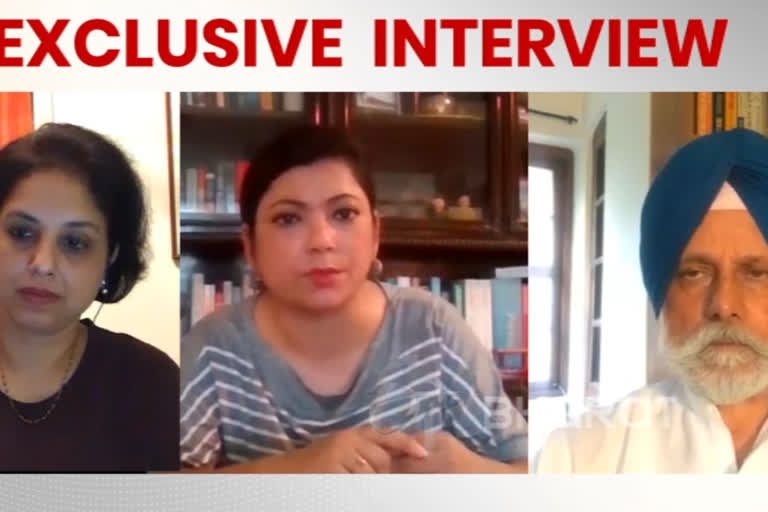New Delhi: Has India been dropped out of a key Iranian railway project along the border with Afghanistan for its delay in investments fearing US sanctions? The Ministry of External Affairs today called media reports on the fate of Chabahar port and Chabahar-Zahedan rail project as ‘speculative’. Four years after India and Iran signed an agreement to construct a 628 km rail line from Chabahar port to Zahedan, which will extend to Zaranj in Afghanistan, the Iranian government proceeded with the track laying ceremony last week, reportedly having decided to take up construction on its own. The Hindu had reported that India was dropped from the Zahedan-Chabahar railway project because of apparent reluctance in investing in it fearing American sanctions against Iran and countries or entities doing business with it.
“In so far as the proposed railway line is concerned, IRCON was appointed by Government of India to assess the feasibility of the project. It was working with CDTIC, an Iranian company under their Ministry of Railways in that regard. IRCON has completed the site inspection and review of the feasibility report,” said MEA spokesperson Anurag Shrivastav today.
Though without clearly denying the media report, the spokesperson further signalled that the doors may still be open for India to join the project touted as strategically significant for access to Central Asia via Afghanistan. “Detailed discussions were thereafter held on other relevant aspects of the project, which had to take into account the financial challenges that Iran was facing. In December 2019, these issues were reviewed in detail at the 19th India-Iran Joint Commission Meeting in Tehran. The Iranian side was to nominate an authorised entity to finalise outstanding technical and financial issues. This is still awaited,” said Anurag Shrivastava.
In an MoU signed in 2016, the Indian state-owned consultancy IRCON had pledged to provide all services and funding for the project estimated at about $1.6bn. This was agreed upon during Prime Minister Narendra Modi’s visit to Tehran to sign the Chabahar agreement with Iranian President Rouhani and Afghanistan President Ghani amid much fanfare with a focus on regional connectivity given India’s inability to trade through road route with Kabul because of Pakistan.
“One of the reasons Chabahar was positioned as a great geo-strategic doorway for India was that India would finally be able to move away from the problems of its meddlesome neighbour Pakistan that has consistently stopped or hindered trade between India and Afghanistan, India and Central Asia. For decades now India has had one arm chopped, that nothing to its western neighbour can actually work. Therefore Chabahar was going to be India’s way of going around this problem called Pakistan, going all the way to Afghanistan, and then this particular railway line will go on to Turkmenistan, Central Asia and Russia. If the International North-South Transport Corridor cannot be undertaken because of US sanctions, then this became another way to do it,” said Suhasini Haidar, Editor-Foreign Affairs for The Hindu in a special discussion with Senior Journalist Smita Sharma.
This has cast a deep shadow over already historic India-Iran relations which have soured since Iranian Supreme Leader Khameni and Foreign Minister Javed Zarif criticised India sharply for its handling of Muslim minorities in wake of abrogation of Article 370, anti CAA protests and Delhi riots. K C Singh, the former India Ambassador to Iran and UAE argues that the Modi government’s majoritarian domestic politics and close proximity to Washington DC have changed Tehran’s perception of New Delhi.
In conversation with Smita Sharma, Ambassador Singh said, “The fact remains that after the abrogation of Article 370, the Iranians had taken a very forthright stand including two tweets by the Supreme Leader where he said Muslims should be dealt with properly. We kind of whisked away saying this is just somebody saying something, it does not matter. But all that matters. We are the second largest population of Shias. There are Shias in the Kashmir valley,” said Singh. “Normally BJP thinks domestic politics is segregated from international politics. They can do whatever majoritarian politics at home. But international politics is secular. So that was the warning signal,” the retired diplomat added.
